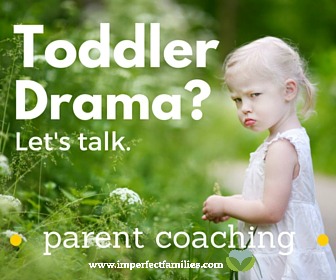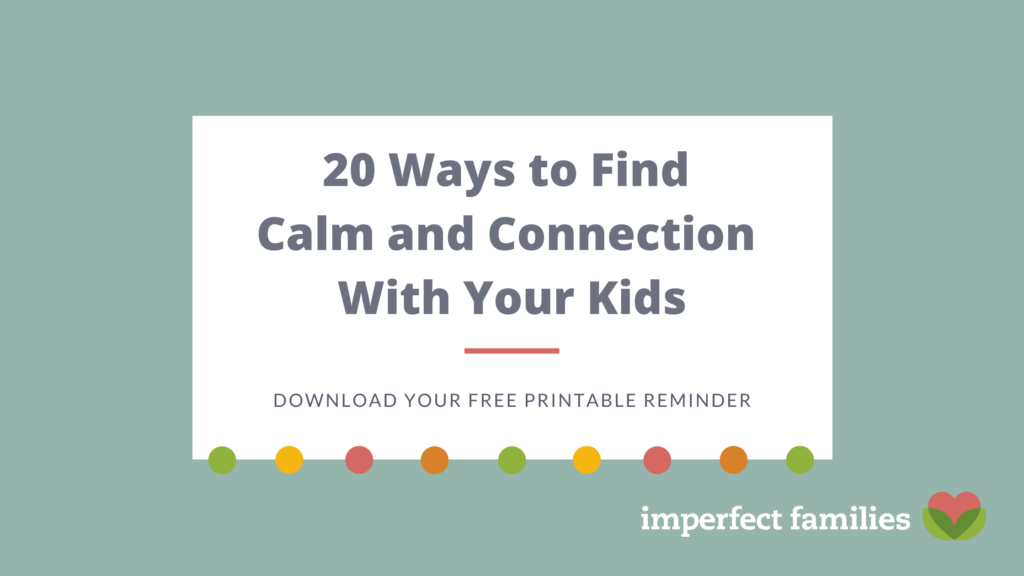Parenting a highly verbal, intelligent 3-year-old or 4-year-old can be challenging. Some days it seems like your child won’t stop talking – the questions are endless and the commentary is ongoing. Plus, even though they seem older, they still act very immature. Here are 6 tips to help you parent well through the ups and downs of this stage.

You’ve had to explain the gravitational pull of the moon.
You’ve heard a recap of last year’s trip to the beach.
And, you’ve negotiated a weather-appropriate outfit.
All before you pour the breakfast cereal.
These conversations continue as you put shoes on and head to the car.
On the road, you hear a play-by-play of the street signs and traffic signals.
You discuss the pros and cons of using finger paint at the craft center today.
But after preschool, it’s a different story.
Huge tears.
Meltdowns in the hallway.
Having to carry her to the car because she refuses to walk.
Where is the mature child you dropped off this morning?
Parenting a highly verbal child can be exhausting and confusing.
One minute it feels like you’re talking to a mini-adult, the next you’re dealing with a screaming newborn.
Instead of jumping on the emotional roller-coaster, here are a few tips.
Tips for Parenting a Child Who Won’t Stop Talking
- Understand the brain: Your child’s brain has grasped the concept of communication and run with it. Some kids may also learn to read or write early or be able to have in-depth conversations about complex topics. It’s hard to remember that their brain is still developing! Biologically, your child is still very immature. Brain development is a slow, uneven process. There is still lots of learning and growing for them yet to do!
- Keep your expectations realistic: Keeping brain information in mind, realize that your child’s ability to self-regulate is still going to be inconsistent. If they are hungry, tired, overstimulated or feeling disconnected from you, you will see more meltdowns, arguments, or power struggles. Look beyond your child’s verbal ability in these moments, realizing that they are still too young to manage these situations well 100% of the time.
- Don’t give up your position: It’s easy to feel sideswiped by the negotiating skills of a savvy preschooler. But remember, your child is not mature enough to fill the role of decision maker. You are still the parent and your child needs to be able to rest in your confident leadership. It’s ok to have a conversation, hear their position, or explore other options together. But, when it comes to setting a boundary, your child needs you to remain in your role as the adult so they can stay a child.
- Empathize: Being a highly verbal may not be easy for your child. They may feel different from their peers, feel pressured to act more mature, or feel frustrated when you set a limit. Rather than using logic or reasoning, stick to empathy. Join them in these big feelings. Give them words to use. Let them know you understand where they are coming from, and offer to stay close when big feelings become overwhelming.
- Let them be little: Allow plenty of time for play, silliness, or roughhousing. Remind yourself that they are still young – even if their vocabulary says otherwise. Check your own annoyance or frustration when they actually “act their age.” If your child is more serious or rigid, teach calming skills or provide opportunities to relax.
- Find support: If you’re feeling exhausted, you’re not alone. It’s not easy to raise a highly intelligent or highly verbal child. It can feel isolating and confusing, especially if you do not have a support system that understands your unique challenges. You don’t have to struggle alone. It’s not easy to reach out and ask for help. But, once you do, you will realize that other parents are right where you are.
Carrying your screaming child to the car, you kiss her forehead, remind yourself that she’s only 3 years old.
She’s still a baby.
In this moment, she’s right on track developmentally.
Even if 10 minutes from now, she’ll be telling you random facts about endangered sea turtles.





Comments have been turned off to retain the privacy of all families. If you have a question or comment on the topic, you're always welcome to contact me.